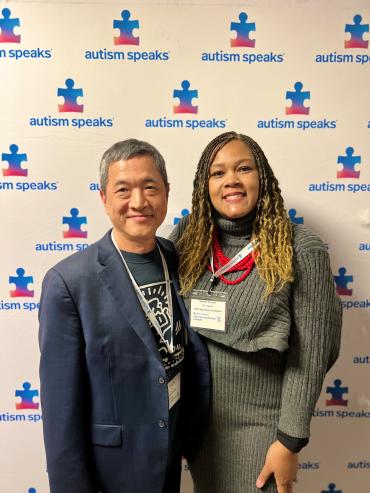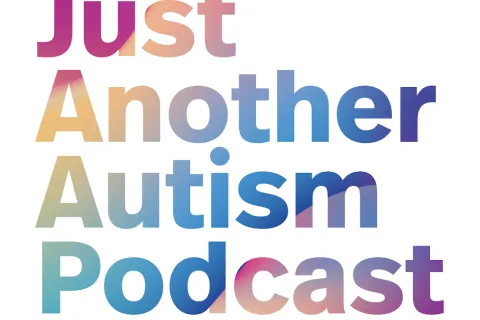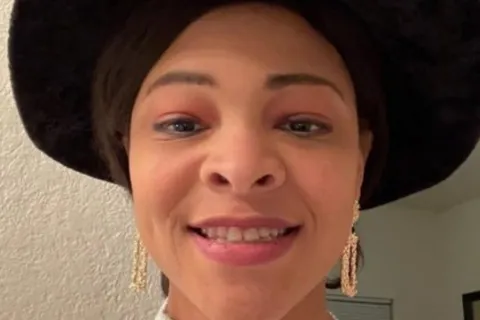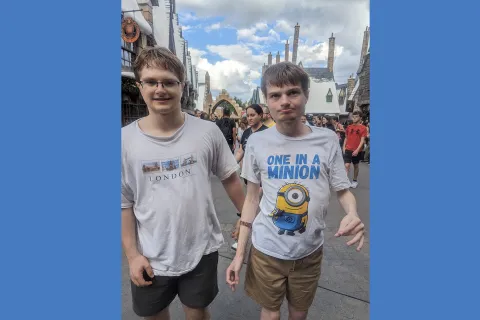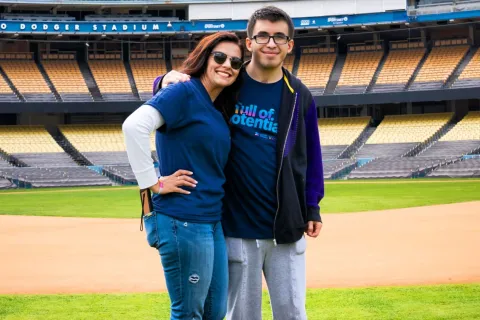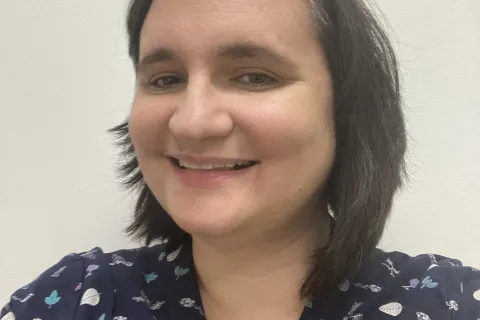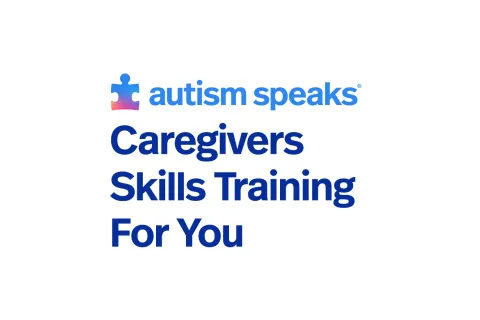The Hatching Hope Foundation brings advocacy and support to Dallas-Fort Worth families
Sabrina Vaughn knows the challenges that parents and caregivers face as they work to ensure the best possible life for their autistic child. When her son Keshawn, one of the triplets, was diagnosed with autism in 2012 at age 2.5, she struggled to find much-needed information, services and social supports in her area.
This struggle motivated Sabrina to commit her life to helping underserved families in Ft. Worth, Texas access the resources she couldn’t when her son first received his autism diagnosis. In 2013, she founded the Hatching Hope Foundation, an organization that provides parent training about autism, individual and family support services, and special education advocacy.
In 2019, Keshawn tragically passed away from Osteosarcoma, a rare form of bone cancer. But Sabrina has not wavered in her determination to serve the autism community.
“I have been continuing on with the advocacy work that we started when Keshawn was alive,” she says. “We help families advocate to get what they need and to be aware of resources in their local community. So far, we have helped at least 5,000 people.”
In this Q&A, learn more about the work and impact of the Hatching Hope Foundation.
Sabrina Vaughn is the founder and executive director of the Hatching Hope Foundation. She is a member of the Autism Speaks Advocacy Leadership Network (ALN), a global collective of accomplished advocates united in their efforts to promote greater autism awareness and improve the wellbeing of autistic people and their families around the world.
Can you tell me about your work?
When I first founded the Hatching Hope Foundation, our focus was providing free community events. We hosted town hall meetings and rented out skating rinks, gyms or swim facilities just for kids with autism. We were focused on providing recreational activities for the whole family where autistic children and their families could feel welcome and included.
This led into my special education advocacy work. I paid attention to people talking about their issues and their needs, what they couldn’t do, what their school wouldn’t do. Initially, we started off helping families find resources, but the advocacy portion soon followed.
From an advocacy standpoint, a lot of our work centers around making sure that autistic children’s IEPs are implemented correctly within the school system. What we find at the Hatching Hope Foundation is that a lot of families are really unaware of the process and what the schools can contribute to them or their children.
Our work can be as simple as teaching parents about their rights and making sure their children are getting transportation to and from school. For example, we help families of children with severe behaviors advocate with their school district to provide a bus monitor—someone to assist the child so they can acquire the skill of riding the bus. The school district has a responsibility to provide a free and appropriate public education, and part of that is helping the child get to and from school.
How have you built trust and connected with your community?
The community events have been really key. Being out in the community and getting to know people is essential, because people know the difference between someone who just talks a good game and someone who really understands what it’s like to be a parent living with a child with severe autism.
Our Facebook support group, Autism Mocha Moms, has been another great way to connect with parents in the community. The group was created to address the lack of emotional support that exists for minority families, especially moms, raising children with autism. It strives to give us all that extended family to lean on when others don't understand the roller coaster that raising a child with autism can be.
How can parents become a better advocate for their autistic children’s education?
Number one: get involved with your child’s education.
Number two: do your own research. You don’t have to learn everything about education, but at least have some basic knowledge so that when you sit at the table with a representative from your school district, you are aware of the language and terminology so everything doesn’t seem so foreign to you.
Number three: educate yourself about autism. Sometimes, it can be emotional and hurtful to have a child in the 6th grade and hear that they’re on a 1st grade level. Denial can set in. You need to understand that labels aren’t necessarily the problem—it’s just a way to make sure your child is getting the services they need.
What is the future of the Hatching Hope Foundation?
We’ve been working with Autism Speaks to bring the Caregiver Skills Training (CST) to the Dallas/Ft. Worth metroplex. I’m excited for us as an organization to be able to make a larger impact and utilize our partnerships to offer CST here and implement it among our families.

